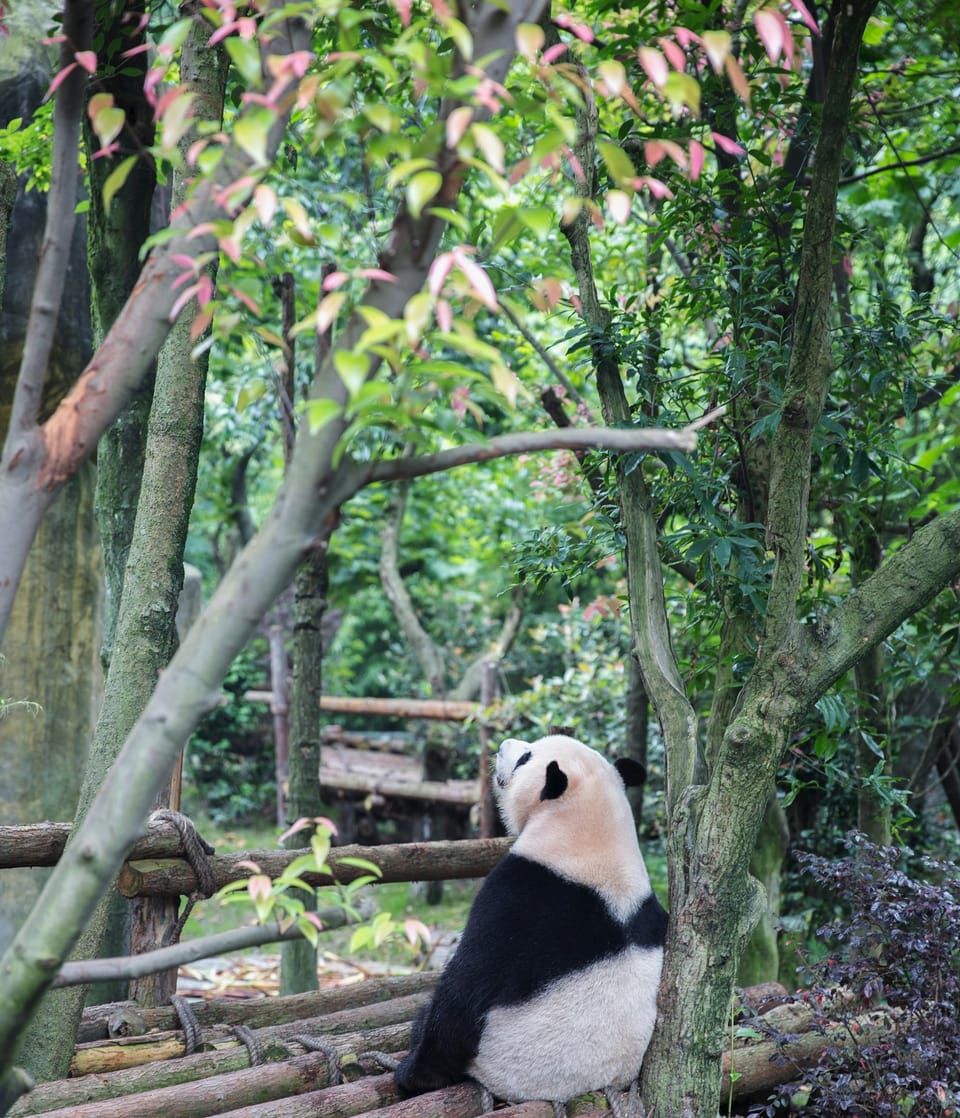Liangzhu Rising: How China’s A.I. Hubs Are Rekindling the Spirit of Silicon Valley

In the quiet suburb of Liangzhu, nestled within the larger city of Hangzhou, something extraordinary is happening.
Dozens of young engineers, founders, and dreamers are gathering in backyards, pitching in kitchens, sipping frappuccinos under the sun—and building the next generation of A.I. companies.
It might look relaxed on the surface, but what’s unfolding here mirrors the raw, messy, chaotic, and beautifully unpredictable early days of Silicon Valley. This time, though, the movement isn’t happening in Palo Alto or Mountain View.
It’s happening in China.
Hangzhou’s New Identity: From E-Commerce to A.I. Ecosystem
Hangzhou has long been known as the home of Alibaba, the titan of e-commerce. But in 2024, it's increasingly being described as the epicenter of China’s A.I. frenzy.
Why? Because from this region have emerged:
- DeepSeek, which stunned the tech world by releasing a powerful open-source LLM for a fraction of the cost Western companies spend.
- NetEase and Hikvision, well-established players now expanding their tech footprints.
- New stars like Mindverse, founded by Felix Tao, and Game Science, creator of China’s first big-budget global hit game.
This ecosystem is powered not just by capital, but by energy—a raw, unfiltered desire to explore what’s possible.
And it’s attracting young people by the thousands.
A Modern-Day Garage Movement—with Drones and Bubble Tea
What sets Liangzhu apart isn’t its architecture or even its infrastructure—it’s the atmosphere.
As described in the New York Times article, founders are pitching ideas in backyards, coding in cafés, and testing products in parks. Drones buzz overhead, engineers huddle over laptops on the grass, and coffee shops turn into incubators by night.
On weekends, engineers from Beijing, Shanghai, and Shenzhen fly in, looking to escape the rigidity of corporate tech and rediscover the excitement of building something new.
It’s reminiscent of Steve Jobs’ famous garage, or the early PayPal mafia meetups—except it’s happening in the shadow of Alibaba’s headquarters, with Chinese poets and painters as spiritual muses.
Government Support with Local Flavor
China’s local governments, especially in provinces like Zhejiang, have actively cultivated this climate. They offer:
- Subsidies and tax incentives for early-stage companies
- Favorable zoning and co-working environments
- Talent attraction policies for graduates of elite universities like Zhejiang University
But what’s striking is that some of the founders didn’t go to top schools. In the words of Felix Tao (founder of Mindverse):
“Many of them are super brave to make a choice to explore their own way, because in China that is not the common way to live your life.”
This isn’t top-down central planning—it’s bottom-up risk-taking. And it’s working.
The Birth of “Agentic A.I.”
A term that pops up frequently in Liangzhu is “agentic A.I.” — artificial intelligence that isn’t just reactive, but proactive. Systems that can initiate action, not just respond to it.
Take Qian Roy, for example, who developed an A.I. companion for young people using Myers-Briggs profiles. His system not only responds to moods and questions, but sends supportive daily messages, reminds users about upcoming commitments, and even offers psychological nudges.
This isn’t just about large language models anymore. This is A.I. with a mission: to empower, support, and initiate.
And that ambition is part of what’s making Liangzhu such a magnet for bold experimentation.
The Pressure Cooker of China’s Global Tech Ambitions
Yet it’s not all bubble tea and sunny optimism. Founders in China face unique constraints:
- Venture capital challenges, particularly from foreign investors wary of regulatory friction
- Chip supply limitations, with U.S. sanctions disrupting Nvidia GPU availability
- Geopolitical uncertainty, especially for companies looking to scale globally
And yet—Chinese start-ups are adapting. They’re:
- Stockpiling chips where possible
- Switching to open-source A.I. architectures
- Launching with domestic-first strategies to prove viability before going international
Some founders described themselves as being “killed with time” while waiting out non-compete agreements—only to use that time to design the start-up they always wanted to build.
This resilience echoes Silicon Valley’s earliest DNA: Build with what you have. Figure it out. Don’t wait for permission.
The Founder Factor: Exploration over Exploitation
Now here’s the deeper truth that binds it all together—and where I want to leave you with a thought.
Innovation is not about optimization. It’s about exploration.
What’s happening in Liangzhu—and other hubs across China—isn’t just the result of capital or code. It’s the result of courageous people choosing to explore uncertain paths, often with no safety net.
- The founder willing to code all night for an unproven idea.
- The founder pitching in a backyard with nothing but a prototype.
- The founder who embraces the fear of failure—especially when it’s their own money at stake.
- The founder who goes the extra mile, not because it’s efficient, but because it’s the only way to find truth.
That’s the soul of real innovation. And that’s what Silicon Valley was once about: wild bets, fearless builders, and a community that believed some of those bets would change the world.
Now, that spirit appears to be catching fire in Liangzhu.
My Take: Exploration is the Heart of Innovation
As we look toward the future of global tech, the centers of gravity may shift—but the principle remains:
Innovation thrives not where systems are optimized, but where exploration is celebrated.
Liangzhu is doing just that. It's fostering an ecosystem where people are willing to try, risk, and fail—and sometimes, succeed in ways that surprise even them.
It’s not about the unicorns. It’s about creating the pasture where unicorns can appear.
And right now, China may be building that pasture—one backyard pitch at a time.
